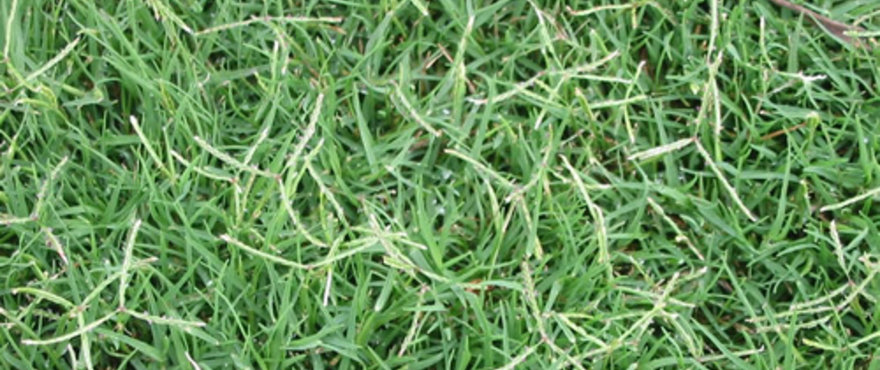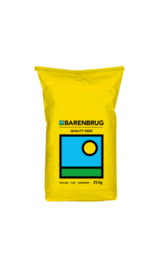It is predominantly used in permanent pastures for grazing or cut-and-carry but can also provide useful stand over or deferred feed. It is a valuable and hardy turf type grass for soil conservation as it provides
excellent ground cover.
Establishment
Seed is best sown onto a well prepared, fine and weed-free seedbed, which is rolled in. Seedlings usually root down quickly. It grows on a wide range of soils, but does best in relatively fertile, well-drained soils. It is adapted to a broad range of soil pH (4.5-8.5) but it grows best when the pH is above 5.5.
Utilization
It is extremely tolerant of heavy grazing, but it is more productive if correctly managed. Regular grazing and nitrogen fertilisation are necessary to maintain quality. It is very palatable if kept short in growth and fertilized. A stubble height of 5-10 cm under grazing or cutting allows good regrowth and maintains sward density.




